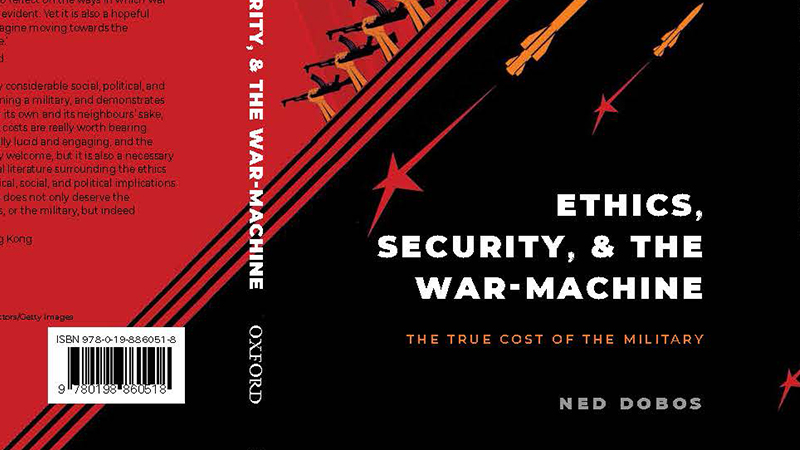Ethics Security and the War-Machine - the True Cost of the Military
Even if war is ethically justified sometimes, does that mean we should create and maintain entire institutions devoted to it? Might the risks of having a military be greater than the risks going without one?

